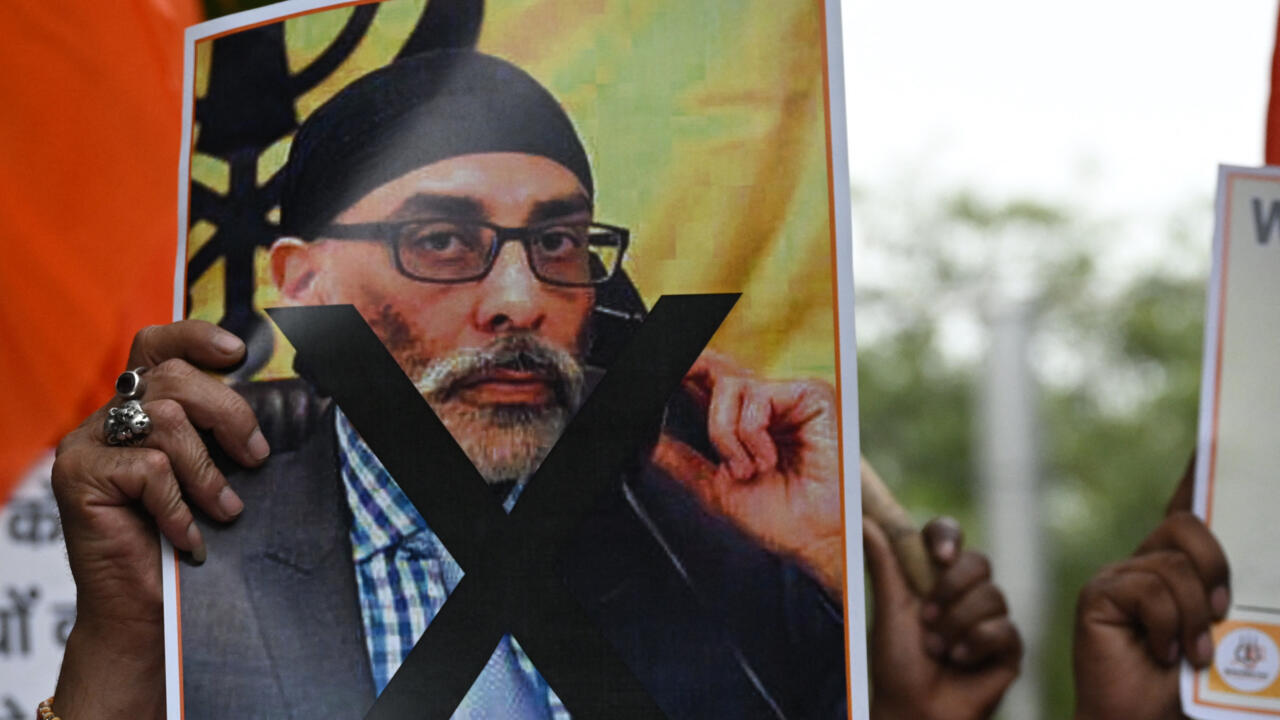- Joined
- Aug 12, 2023
- Runs
- 24,212
US delegation visits India to discuss alleged plot to murder Sikh separatist
White House deputy national security adviser Jon Finer led a US delegation to New Delhi on Monday where he noted the formation of an investigative panel by India to probe an unsuccessful plot to assassinate a Sikh separatist on US soil.
"Mr. Finer acknowledged India's establishment of a Committee of Enquiry to investigate lethal plotting in the United States and the importance of holding accountable anyone found responsible," the White House said in a statement on Monday.
Last week, the US Justice Department alleged that an Indian government official directed an unsuccessful plot to assassinate a Sikh separatist on US soil, while it announced charges against a man accused of orchestrating the attempted murder.
US officials have named the target of the attempted murder as Gurpatwant Singh Pannun, a Sikh separatist and dual citizen of the United States and Canada.
In response, India expressed concern about one of its government officials being linked to the plot, from which it dissociated itself, as being against government policy.

 www.france24.com
www.france24.com
White House deputy national security adviser Jon Finer led a US delegation to New Delhi on Monday where he noted the formation of an investigative panel by India to probe an unsuccessful plot to assassinate a Sikh separatist on US soil.
"Mr. Finer acknowledged India's establishment of a Committee of Enquiry to investigate lethal plotting in the United States and the importance of holding accountable anyone found responsible," the White House said in a statement on Monday.
Last week, the US Justice Department alleged that an Indian government official directed an unsuccessful plot to assassinate a Sikh separatist on US soil, while it announced charges against a man accused of orchestrating the attempted murder.
US officials have named the target of the attempted murder as Gurpatwant Singh Pannun, a Sikh separatist and dual citizen of the United States and Canada.
In response, India expressed concern about one of its government officials being linked to the plot, from which it dissociated itself, as being against government policy.

US delegation visits India to discuss alleged plot to murder Sikh separatist
White House deputy national security adviser Jon Finer led a US delegation to New Delhi on Monday where he noted the formation of an investigative panel by India to probe an unsuccessful plot to assassinate…


























